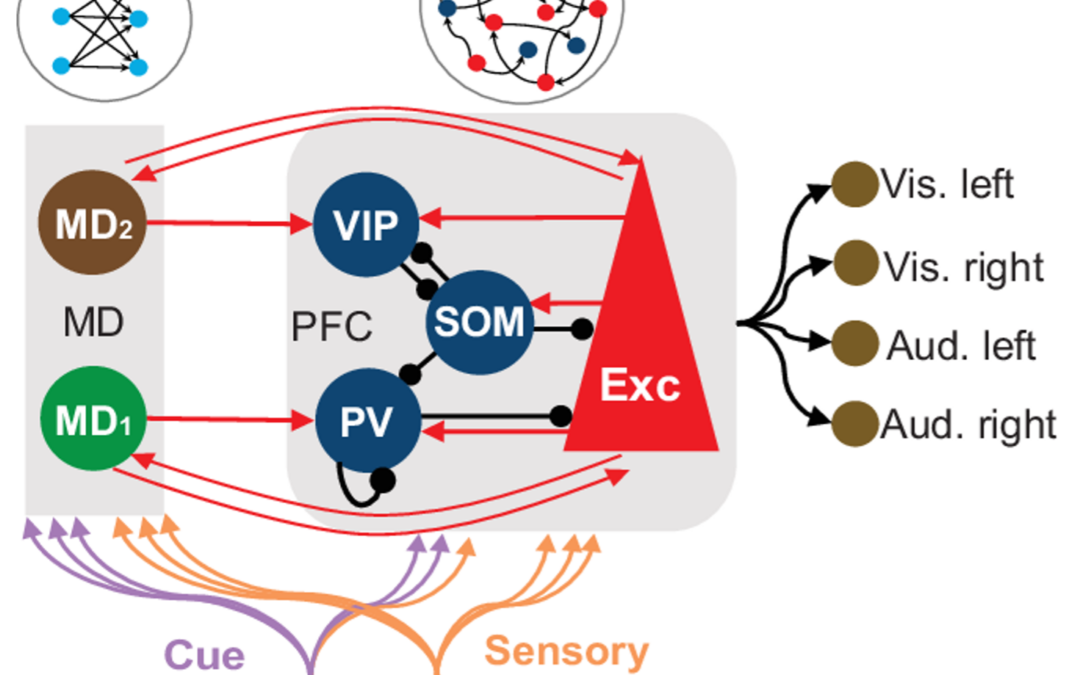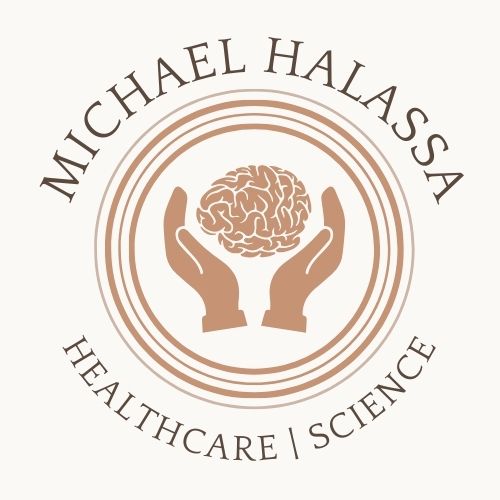
by michaelhalassa | Jul 17, 2025 | Cognitive flexibility, Cognitive Processing, Computational neuroscience, Halassa Lab, Michael Halassa, Neural circuits, NeuroAI, Neuroscience, Science
A mouse can explore a new environment, find food and adapt when the rules change, all using less energy than a lightbulb. Meanwhile, our most powerful computers can solve chess and master protein folding, but still can’t walk across a messy room without crashing into...

by michaelhalassa | Jul 16, 2025 | Computational neuroscience, Halassa Lab, Neural circuits, NeuroAI, Neuroscience, Science
On July 9th 2025, Z. Sage Chen (NYU) and I organized “The BRAIN 2.0 NeuroAI” workshop at the Organization for Computational Neurosciences (OCNS) annual meeting in Florence. The workshop brought together several scientists working at the intersection...

by michaelhalassa | Jul 11, 2025 | Cognitive flexibility, Cognitive Processing, Computational neuroscience, Halassa Lab, Michael Halassa, Neural circuits, Prefrontal cortex, Thalamocortical circuits
An Elegant Natural Experiment The study by Mackenzie et al. (2025, bioRxiv) represents a particularly clever approach to understanding human thalamic function. Rather than relying on correlational neuroimaging, the researchers capitalized on an unintended consequence...

by | Apr 13, 2025 | Cognitive flexibility, Computational neuroscience, Halassa Lab, Mediodorsal thalamus, Neural circuits, NeuroAI, Prefrontal cortex, Schizophrenia research, Thalamocortical circuits, Working memory
In our ongoing quest to understand how the brain enables flexible cognition, the mediodorsal (MD) thalamus and its dialogue with the prefrontal cortex (PFC) have emerged as central players. Following a series of modeling papers from our lab—including Wei-Long Zheng’s...





